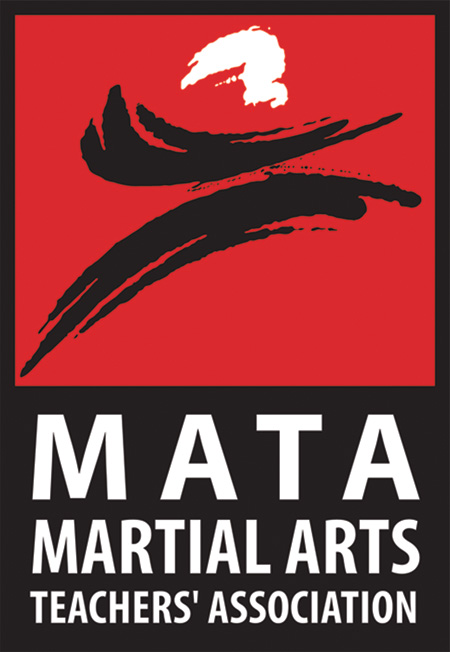Martial arts instruction often involves senior students taking on teaching roles under the guidance of their instructors.
This tradition, rooted in ancient practices dating back to biblical times, has long been an integral part of martial arts culture. It’s a lineage from master to disciple, enabling senior students to enhance their skills while teaching juniors, as evidenced by the story of Abraham’s servant Eliezer leading trained men.
In California, a martial arts instructor adhered to this tradition, assigning teaching responsibilities to his black belt students.
These senior students, in return for their teaching services, were exempted from paying class fees—a common practice in many dojos as part of advanced training.
However, this arrangement took an unexpected turn when a dispute between the Chief Instructor and one disgruntled black belt led to legal repercussions.
The vindictive student reported the situation to the California Labor Board, sparking an investigation into the studio's practices.
The investigation revealed that over the years, 25 black belts had taught classes without compensation, classifying them as unpaid employees.
Under California labor laws, this was deemed illegal, resulting in a hefty fine of $25,000 for the instructor, calculated at $1,000 per incident involving the uncompensated instructors.


